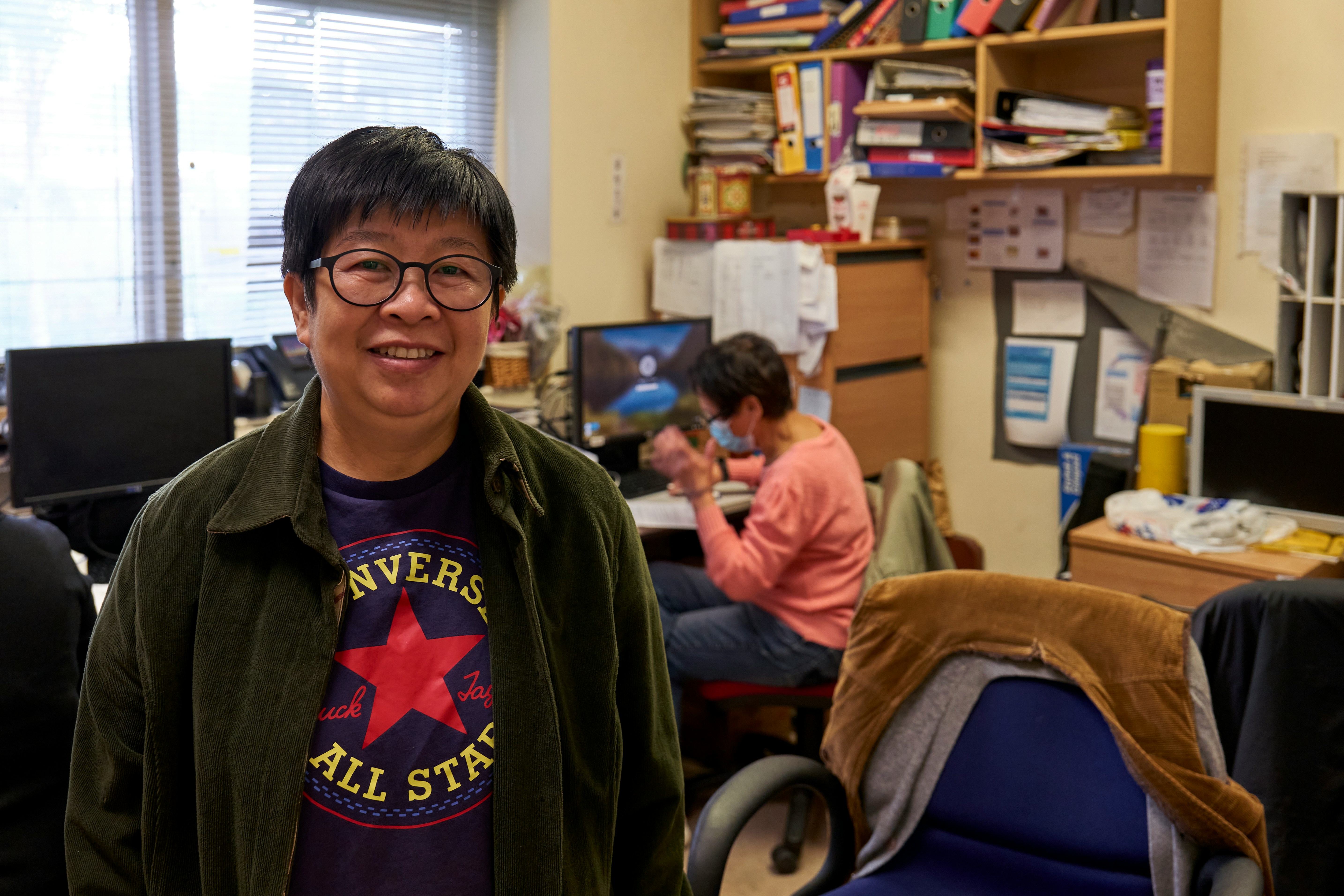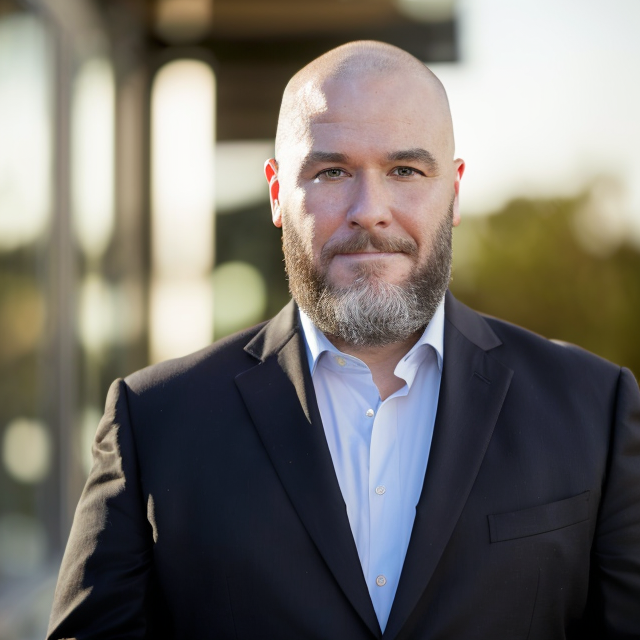About the Course
Reflection is more than a pause at the end of a task—it’s a way of thinking that helps students notice what they did, why it mattered, and how they can grow. When students reflect, they don’t just finish work; they begin to understand themselves as learners and thinkers, capable of shaping their own path. In this course, you’ll explore what reflection is and why it matters, trace how it develops as students grow, and learn two frameworks—Plan-Do-Check and Anticipate-Act-Analyze—that give students structure as they practice reflection at different stages. You’ll try out activities that bring reflection to life at the individual, small group, and whole class level, and you’ll practice recognizing when students are struggling and how to guide them forward. Most importantly, you’ll create a plan for weaving reflection into one of your own projects so it becomes part of the learning process itself, not an afterthought. Length: Approximately 3-5 hours Level: K-12 Subjects: All Includes: Videos, readings, games, written assignments Access: Unlimited **Course fee includes personalized feedback on the final project.** Certificate of Completion provided.
Take the first step toward making reflection part of your teaching.
This course is relevant for all K-12 teachers, counselors, and administrators.
$89.00

Questions this course will answer:
What is reflection?
You'll learn what reflection is and why it matters. Through videos and the instructors action research study, you will have a deeper understanding of reflection's connection to learning.
How does reflection develop over time?
Like all skills, the ability to reflect starts small but builds. You'll look at how reflection skills develop and discuss two frameworks that will help you and your students.
What tools can best teach students to be more reflective?
You'll learn specific strategies you can use the next day in your classroom. These are activities for one-on-one coaching with students, small group work, and whole class assignments and discussions.
Course Curriculum
-
1
Introduction
-
2
Module 1: Why is reflection important?
-
3
Module 2: Fredrick (2009) action research study
-
(Included in full purchase)
Watch: What is action research?
-
(Included in full purchase)
Read: Fredrick (2009) Looking in the Mirror: Helping Adolescents Talk More Reflectively During Portfolio Presentations
-
(Included in full purchase)
Quiz: Fredrick (2009) case study
-
(Included in full purchase)
-
4
Module 3: The development of reflection K through 12
-
(Included in full purchase)
Read: The development of reflection
-
(Included in full purchase)
Read: Development of reflection
-
(Included in full purchase)
Watch: Plan-Do-Check
-
(Included in full purchase)
Activity: Plan-Do-Check Review
-
(Included in full purchase)
Watch: Anticipate-Act-Analyze
-
(Included in full purchase)
Activity: Anticipate-Act-Analyze Review
-
(Included in full purchase)
Reflect: Development of reflection
-
(Included in full purchase)
-
5
Module 4: Routines and scaffolds for reflection
- Case Study: Maya Free preview
-
(Included in full purchase)
Read: Activities the Build Reflection
- Write: Reflection Plan for Maya Free preview
-
(Included in full purchase)
Reflect: Routines and scaffolds for reflection
-
6
Module 5: Capstone project
-
(Included in full purchase)
Design Challenge: Reflection Plan for Existing Project
-
(Included in full purchase)
-
7
Conclusion
-
(Included in full purchase)
Complete: Course evaluation
-
(Included in full purchase)
Read: Final Thoughts
-
(Included in full purchase)
Your Instructor, Tim Fredrick, Ph.D.

I’ve spent more than twenty years teaching, mentoring, and coaching educators. In that time, I’ve worked with hundreds of teachers—from new candidates just stepping into their first classrooms to seasoned educators who’ve taught for decades. I started out as a classroom teacher myself, learning firsthand what it takes to guide students’ learning day after day. Over time, I found my focus shifting toward helping other teachers refine and deepen their practice—the same way mentors once did for me. I earned my Ph.D. in Education from New York University, where I studied how teens use language to navigate power in the classroom. That work shaped how I think about teaching: not just as a matter of content and curriculum, but as a web of relationships, communication, and shared meaning. These days, my work centers on helping teachers slow down, reflect, and make clear, intentional choices in their teaching. I believe professional development should do more than offer quick fixes—it should build habits of mind that support real, lasting growth. Whether I’m leading a workshop, observing a lesson, or coaching one-on-one, my goal is always the same: to meet teachers where they are and help them feel confident in the decisions they make for their students. After two decades in classrooms and schools, I founded Pedagogy Guru to create professional learning that feels both grounded and practical—something teachers can actually use the next day. I want teachers to feel seen, supported, and reminded that the work they do every day truly matters.
Ready to transform your teaching?
Enroll today and revolutionize your classroom with the power of reflection.
$89.00
